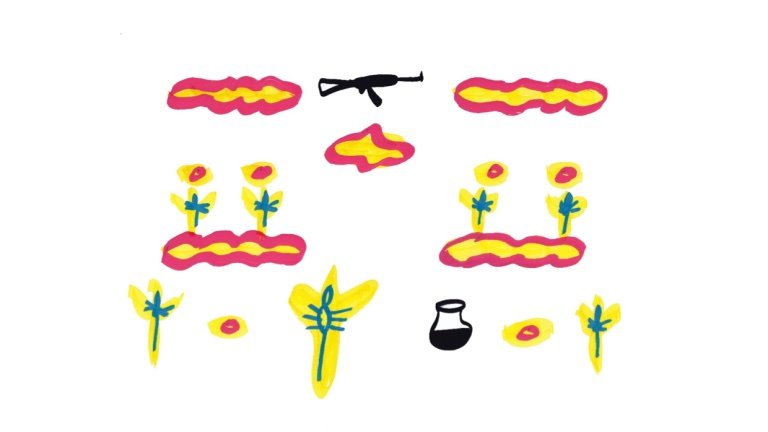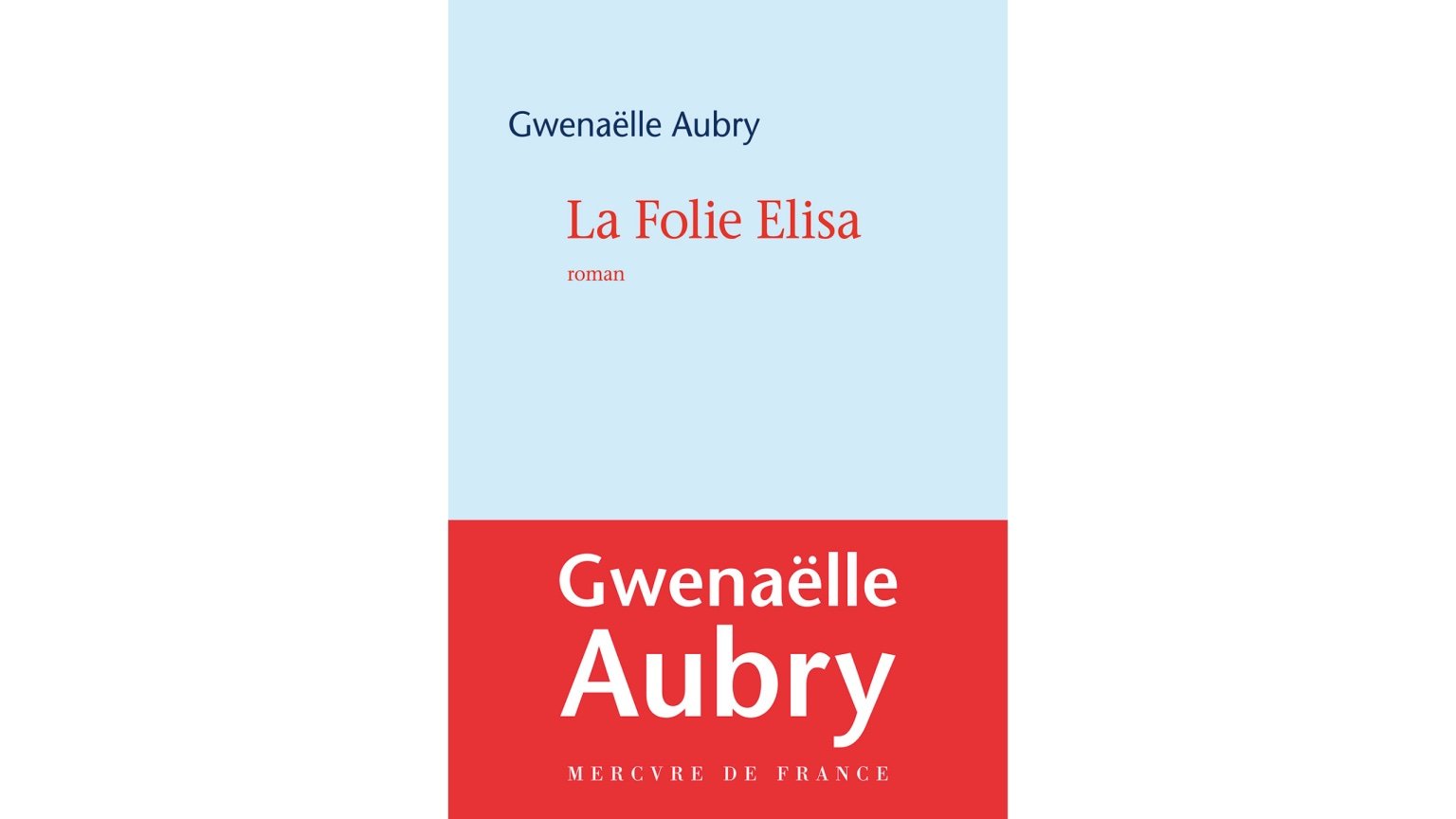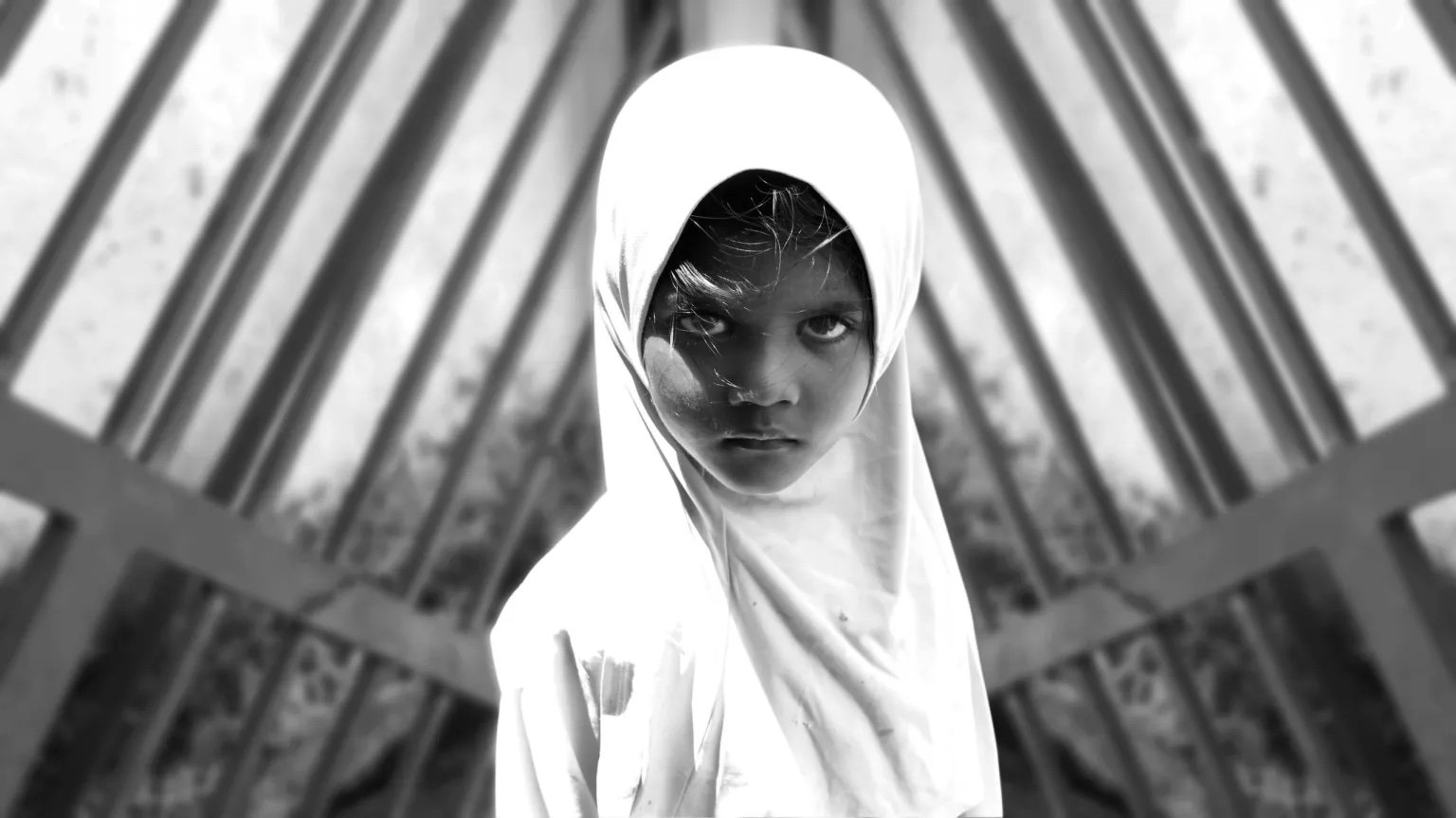Paintings by Maisie Luo
Paintings meditating on the ocean, ecology, and a vision for a better world.
60 for 60: Agreement
Published in the thirty-fourth issue of Columbia Journal, “Agreement” by poet Kay Ryan is as deceptive as it is delicious. Ryan’s ease with sound and rhythm lulls the reader into first considering the poem as simple as a piece of candy. Form reflects content, heightening the impact of what is being said; the em dash dramatizes “sugar,” the unusual break on “the” in the fourth line demonstrates a structural melting, and “granular” evolving into “syrup” in the same line embodies the physical transformation. The ultimate line, set alone as it is, comes as a shock. While flat-toned and truthful, it functions as a wry accusation that opens multiple lines of inquiry. Does agreement seduce? Is agreement a concession, or could it be a moral choice? If “many prefer it,” what is implied about those who don’t? Given the time of the poem’s publishing in 2001, I can’t help but wonder if the political atmosphere following the 9/11 attacks influenced Ryan’s writing. Regardless, these eight distilled lines remain provocative.
From La Folie Elisa
Second floor, at the other end of the hall, second door to the left past the stairs. A small attic room with white- and yellow-striped wall paper. On the floor, rust-colored wall-to-wall carpeting; in a corner, a chair with the hole in its woven seat covered by a dark yellow cushion; a school desk; on a cherry wood dresser, a mirror and a candle holder. Behind metal blinds, the transom looks out on the big linden tree at the entrance to the garden, reminding me to have it pruned before the sap rises. Sarah is sitting cross-legged on the bed, dressed in jean shorts and a black tank top that reveals her tattoos.
Forms of Obsession
These paintings are about touch. The forms are diagrammatic and bodily, internal and external, and capsules or cross-sections. These paintings need to come together in one day, a record of a specific time and a sustained focus.
Rolling Junkyard Series
The images in the Rolling Junkyard Series are composed by manually layering 35mm color slide film of materials found at recycling collection facilities in the South Korean countryside. Using this method, the overexposed areas of the film are then brought into proper density, and the underexposed areas create super-dense areas of color. Thus, the majority of the frames used in the project would be otherwise considered “mistakes” prior to layering
Memory, Baking, and Punk: An Interview with Hanif Abdurraqib
Sylvia Gindick, online poetry editor at the Columbia Journal, spoke with Spring Contest poetry judge, Hanif Addurraqib, to discuss exploratory practices of baking and poetry, the complications of memory and place, the responsibility of the witness, and a writer’s relationship to trust. Abdurraqib, a poet, essayist, and cultural critic from Columbus, Ohio, is the award-winning and bestselling author of The Crown Ain’t Worth Much (Button Poetry 2016), Vintage Sadness (Big Lucks 2017), They Can’t Kill Us Until They Kill Us (Two Dollar Radio 2017), Go Ahead In The Rain: Notes To A Tribe Called Quest (University of Texas press 2019), and A Fortune For Your Disaster (Tin House 2019). In March 2021, he will release the book A Little Devil In America with Random House.
Falling in the Abyss, Singing: An Interview with Poet and Novelist Joseph Fasano
Tiffany Troy, Translation Assistant Editor for Columbia Journal, spoke with poet and novelist, Joseph Fasano, to discuss world building, archetypes, and craft in A Dark Heart of Every Wild Thing (Platypus Press, 2020). His debut novel features a man’s obsessive journey into the wilderness to confront his childhood, fatherhood, love, and belonging in the mythos. Fasano is an award-winning poet and the founder of the Poem for You series, an open space where wordsmiths join to recite their favorite poems. Twitter/ Instagram. He teaches at Manhattanville College and Columbia University.
A Conversation with Director and Filmmaker Tayo Amos
Brooke Davis, online arts editor at Columbia Journal, spoke with director and filmmaker Tayo Amos about her short films On The Clock and A Blossom in the Night and creation during the pandemic.
Three Poems by Manouchehr Atashi and Mohammad Biabani Translated from the Persian
The white wild horse
Conceitedly stood at the stall
Contemplating the wretched chest of plains
Announcing the Shortlist: Special Issue on Uprising
We are grateful to the contributions of over 500 writers and artists producing around the word of our choosing: Uprising.
The Wind Will Not Carry You
“The Wind Will Not Carry You,” by Jordan Evans, is an honorable mention for the Columbia Journal’s Special Issue on Loneliness in the art category.
No One to Call a Friend
“No One to Call a Friend,” by Jim Ross, is an honorable mention for the Columbia Journal’s Special Issue on Loneliness in the art category.
empty beautified
“empty beautified,” by Zanib Naeem, is an honorable mention for the Columbia Journal’s Special Issue on Loneliness in the art category.












































